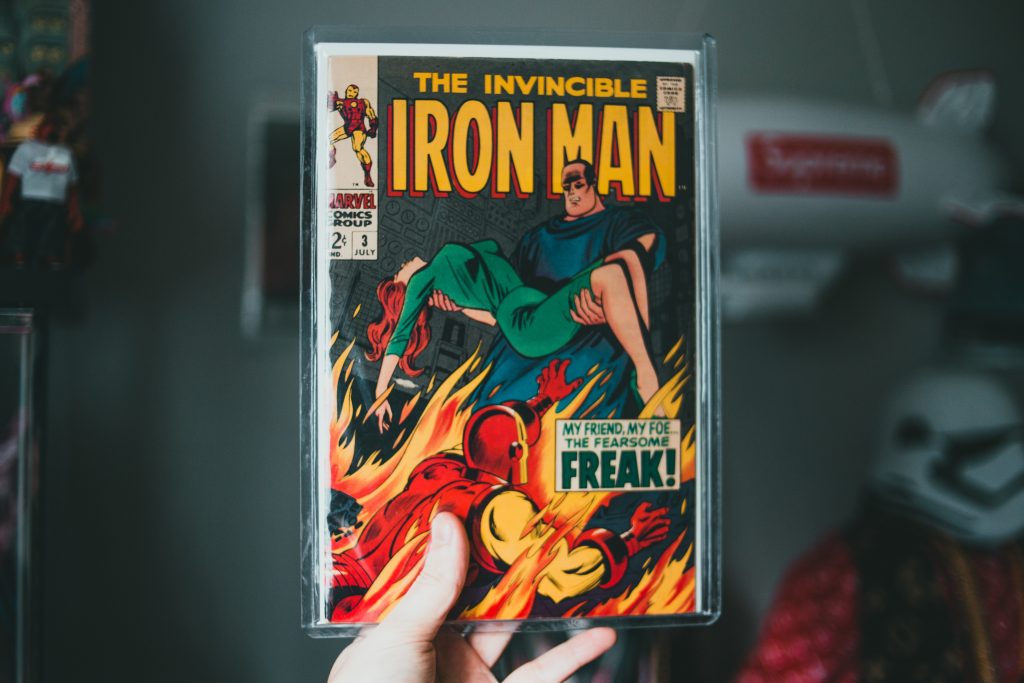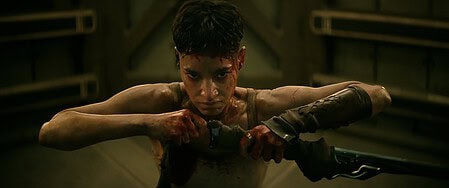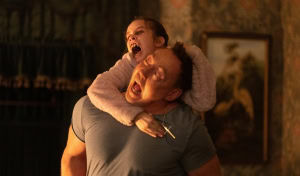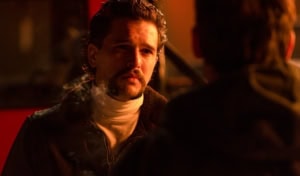What does poetry (and art in general) have to do with comic books?
Well, the introduction of computers, political changes, postmodernism, and corporate packaging has led many to think that modern art is vastly inferior. People are not reading Homer’s epics or Shakespeare’s works, but they are reading about the Hulk. The downgrade is obvious.
This cheapens the medium for many artistically inclined people. Comic book writers are barely seen as writers at all. Many would claim them incapable of writing even a standard Globenewswire article or knowing how to write an interpretative essay.
And while that may be true for some, it does not apply to all comics and their writers. Instead of recommending specific issues for you to read if you are poetically inclined, we will be discussing some poetic themes seen in comic books.
Don’t get me wrong, Marvel will never be even close to replicating Shakespeare’s brilliance, but at least they are not the intellectual wasteland that they are often accused of being.
Wolverine’s Immortal’s Curse
Most creatures, for most of the time, are struggling against death. Trying not to die is a living being’s primary occupation. But what if a sentient creature actually achieves this goal, and basically cannot die?
There is poetry in the fact that achieving the greatest goal to ever exist, namely, immortality can be a curse onto itself. A very good thing ( the best thing), can be torturous.
Ancient Greek poetry and literature dealt with this theme quite often. The Gods were immortal, and this lack of finitude made them petty, bored, and hedonistic. They killed, raped, and played with the lives of entire nations just to stave off the boredom of knowing that everything is meaningless when your lifespan is infinite.
Wolverine, on the other hand, is an X-Man who can regenerate from almost every single injury. Also, he ages astoundingly slowly. Wolverine has been around for more than a century and will continue to be alive long after those he loves are gone.
This is pure torture. The accumulation of decades of wars, pain, injuries, and loves lost can be a source of horror. Survivor’s guilt will build up over the years, along with post-traumatic stress, and a rough stoic defense mechanism to help cope with everything.
Spider-Man’s Noblesse Oblige
Spider-Man’s motto and central theme is condensed into “ With Great Power, comes Great Responsibility”.
This theme can be seen in poetry, folklore, and the political history of Old Europe. Noblemen were granted a lot of power and resources. While most people worked the land, nobles could afford the luxury of studying, training, and hunting for the entire day. They were powerful in almost every regard.
However, these privileges were made to be used to serve the people ( at least in theory).
Their love lives were sacrificed on the altar of political stability via arranged marriages, and they were responsible for constantly protecting their lands and fighting brigands. Also, as a noble with a conscience, you had to make decisions of who lives or dies. Kings and counts did not get to sleep easily at night.
The themes of the burdens of power are portrayed very well in Spider-Man comics. Initially, Peter Parker only wanted to use his power to make money and have fun. He didn’t want to get involved, so he refused to stop a thug that would go on to murder his father figure: Uncle Ben.
Peter paid for his refusal to use his power for good, with the life of the person who raised him. That bitter lesson carries forward within the comics, even to this day.
Tony Stark’s virtue or lack thereof
Ancient writers and poets were obsessed with virtue, as they realized that the greatest gifts mean nothing if the person who has them lacks virtue.
Tony Stark is a character famous for his near-indestructible suits, yet he is one of the most broken and vulnerable among the Marvel lineup. There is a poetic contrast between his vulnerability and the shield/barriers that he erects to cover that up.
He uses his money to protect himself, along with his sense of humor to deflect and avoid dealing with issues. Also, it is a bit on the nose, but he wears actual armor.
Under all of this, Tony Stark is often portrayed as a broken man. He is weighed down by the guilt of being a merchant of death and weapons, and in many incarnations, he is an alcoholic. Often, he seduces women and uses them for fun, and not to establish lasting bonds.
There is a lesson in all of this. If you lack basic self-control, and you constantly ignore your problems, no amount of money and armor can save you from yourself.
These shiny, rich people that we see on TV are often less happy than the average family working man. Appearances, money, sardonic humor, substance abuse (and armor), hide the vulnerability that lies under the surface.
Conclusion
Overall, the critics are both right and wrong at the same time. Comic books are indeed much simpler and shallower than the soul-shaping art that came before. They are often embarrassingly plain and badly written.
However, not all of them lack any poetic themes. As we can see, these character’s creators borrowed themes that were always in our culture. Be it Noblesse Oblige, the Immortal’s Curse, or the pitfalls of lacking virtue.
Comic books are meant for teenagers, and their complexity and intellectual scope are tailored for them. You aren’t meant to use them as a philosophical guide well into your 60s.

Ashley Rosa is a freelance writer and blogger. As writing is her passion that why she loves to write articles related to the latest trends in technology and sometimes on health-tech as well. She is crazy about chocolates. You can find her at twitter: @ashrosa2.







